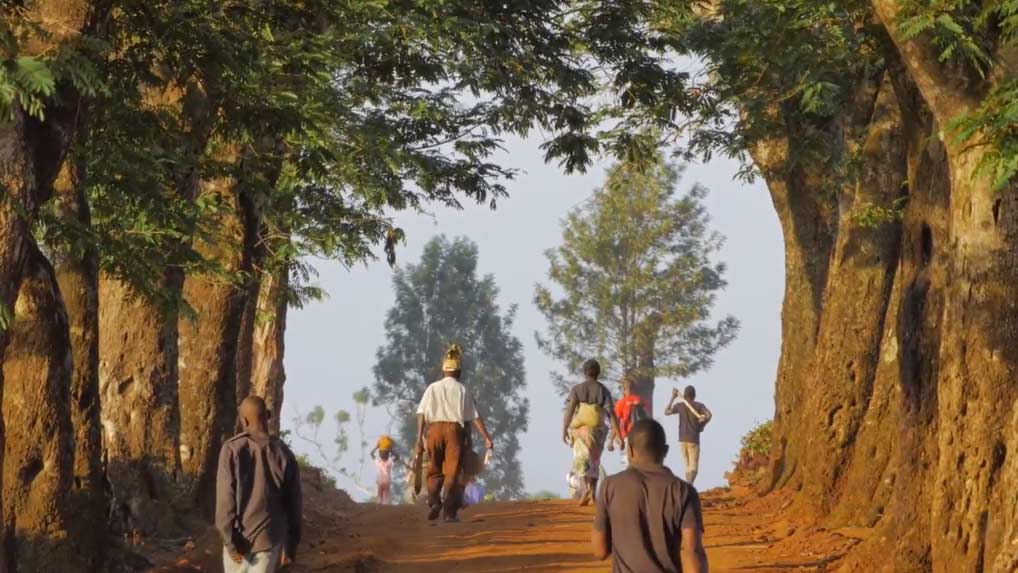Context
The year 2016 has been a turbulent one for Mozambique. The effects of political conflict, drought and low commodity prices were exacerbated by the discovery of two hidden debts, totalling $1.4 billion. Confidence in the country dropped and its track record of high growth and economic stability was derailed. The metical currency depreciated sharply (by more than 40%), inflation accelerated (up to 25%), economic growth slowed down (to 3.6%) and the debt to GDP ratio escalated (130%). This has had a deep impact on Mozambicans, especially the poor. In light of the hidden debts, the Netherlands suspended its support to programmes managed by the central government. The government's response to the crisis, which consisted of an international audit of the debts issue, a long-term cease-fire and Mozambique’s gas production prospects are positive signs for a potential recovery. Despite the rather negative overall picture, the Netherlands was able to achieve results in the programmes supported by the embassy.





